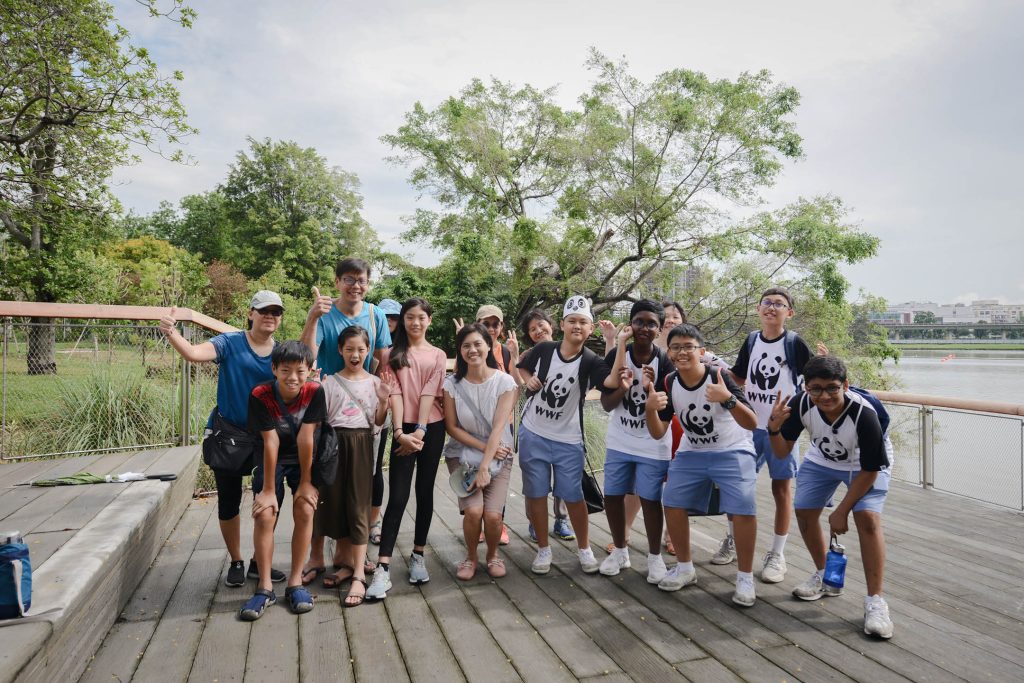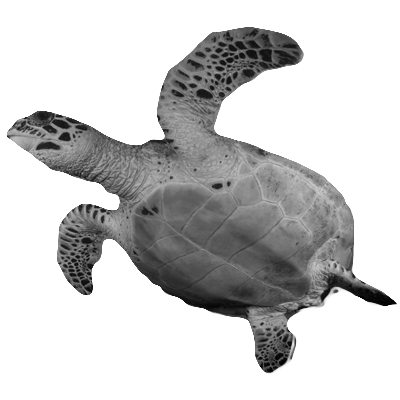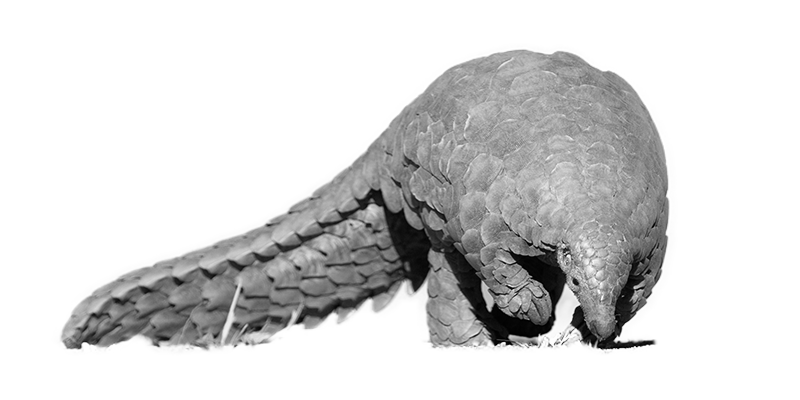

All Roads Lead Home.



All Roads Lead Home.



All Roads Lead Home.



All Roads Lead Home.

WE'VE LOST OVER 50% OF ASIAN ELEPHANTS IN JUST THREE GENERATIONS!
It is no longer just a story of tragedy, this is a call for action. For centuries, consumer demand has fueled the brutal hunting of elephants for their tusks and other parts. This cruelty is what creates the high-profit margins which keeps the illegal wildlife trade thriving.
Asia remains the largest consumer of ivory, used for ornaments, jewellery, and traditional medicine. The high demand, particularly in China, Thailand, and Vietnam, fuels the illegal ivory trade. Singapore serves as a key transit hub. Although Singapore maintains a strict zero-tolerance stance on the illegal trade of endangered species, the illegal wildlife is still observed in both physical and online marketplaces.
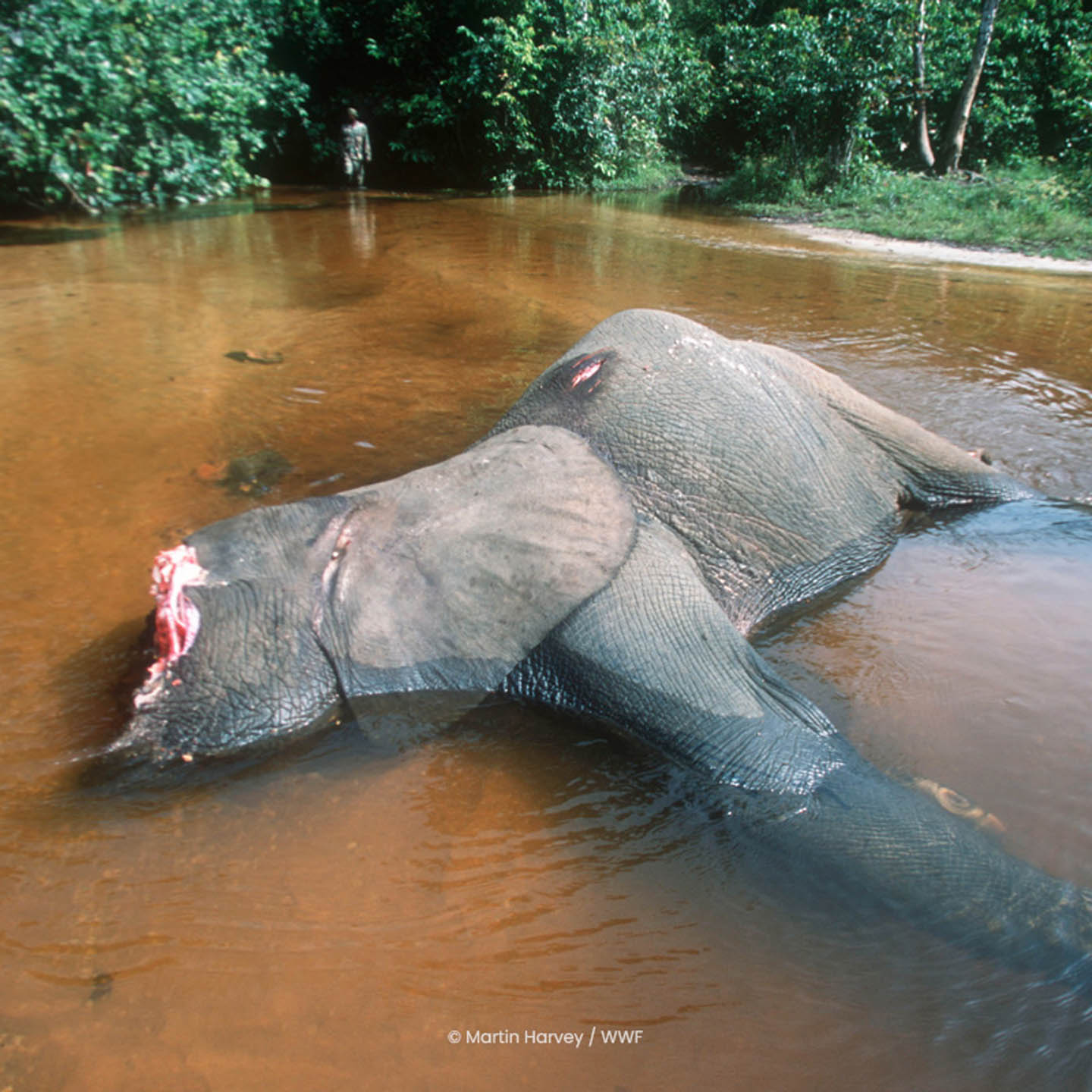
WARNING GRAPHIC CONTENT

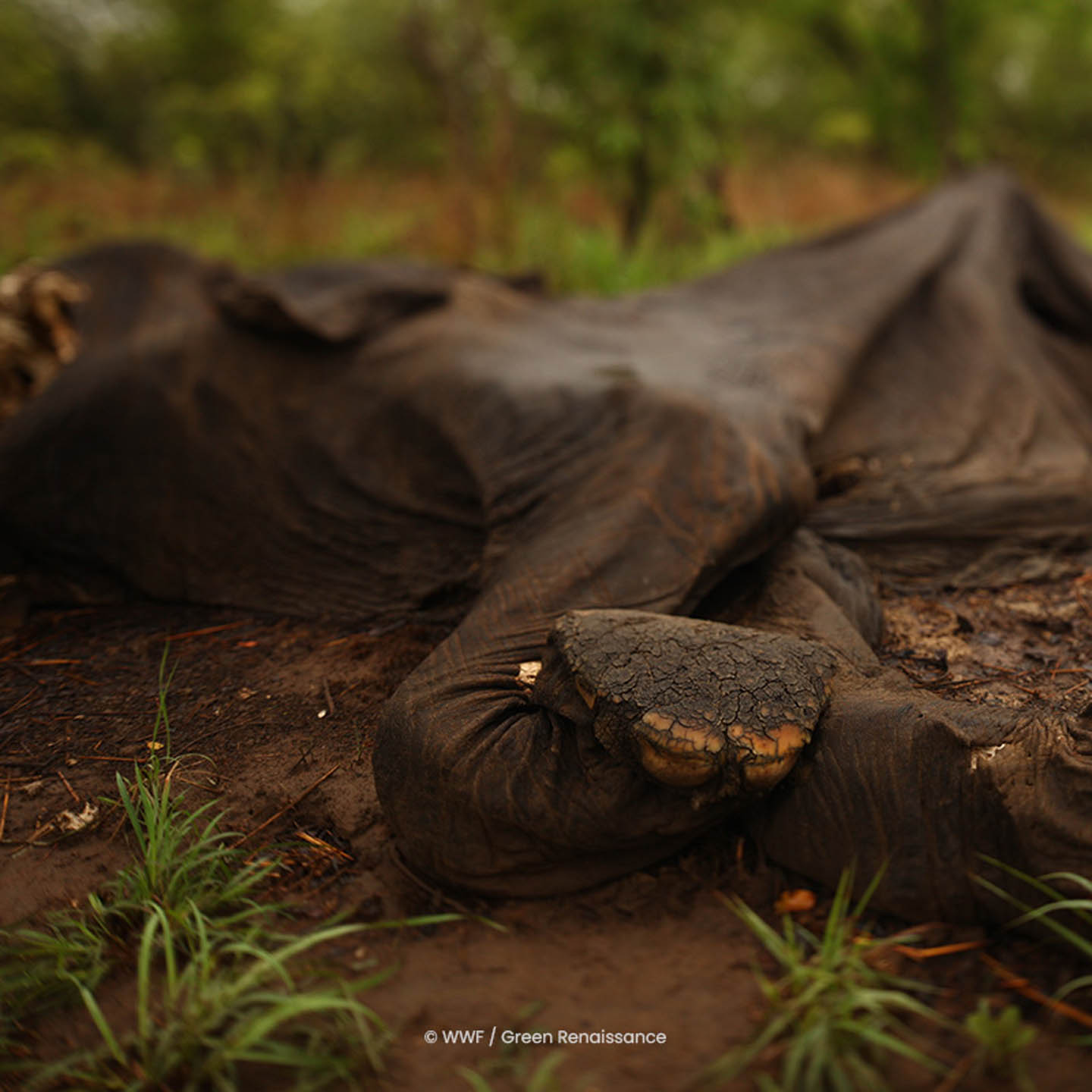
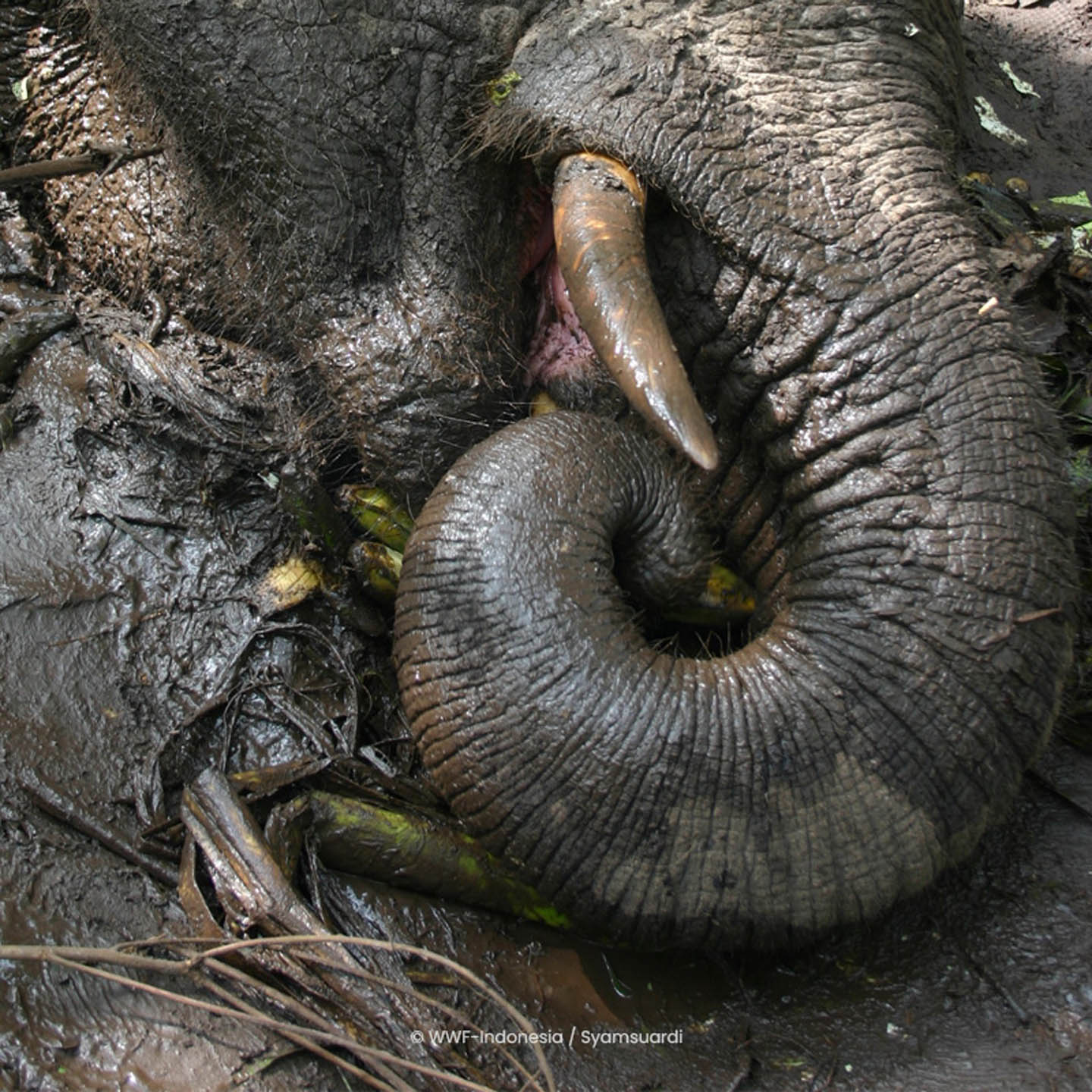
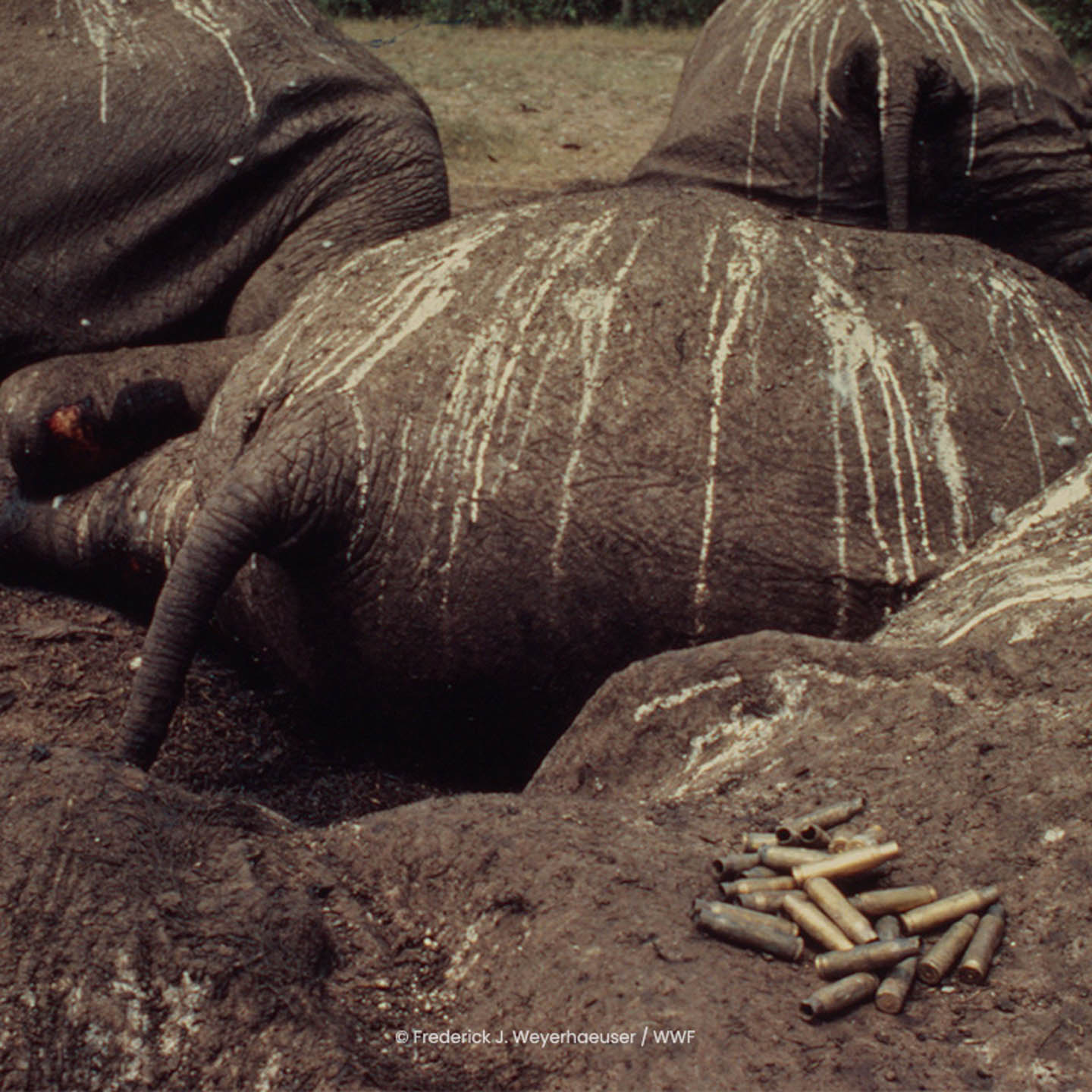
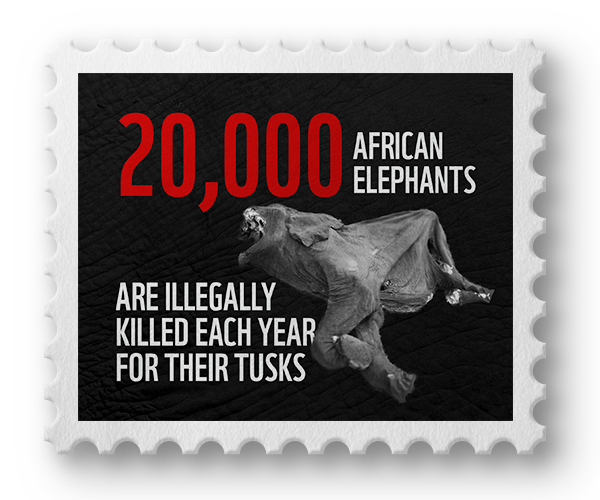
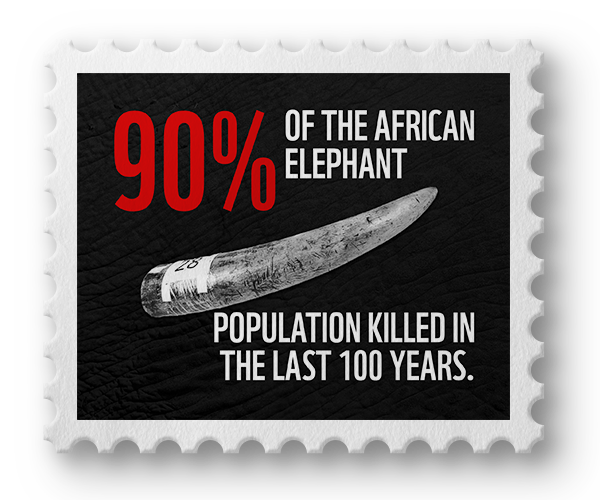
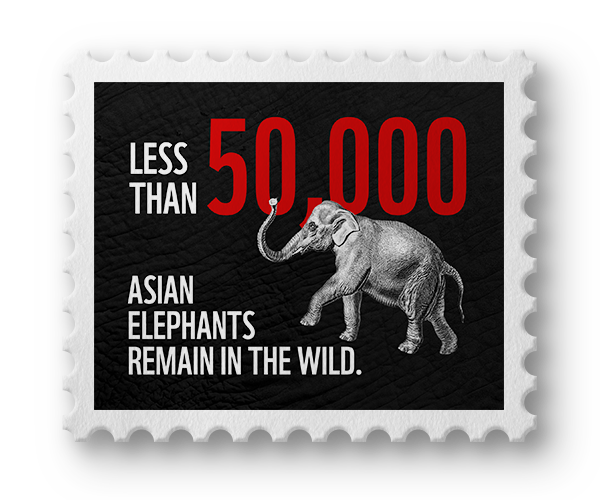
Why Do We Need to Stop Elephant Poaching?
Elephants are keystone species, meaning their presence is essential to habitat health as they contribute to keeping water clean, soils fertile, and climate regulation for humans and other wildlife. With around 8% of the elephant population being lost each year, many other species that rely on elephant-maintained environments are also at risk.
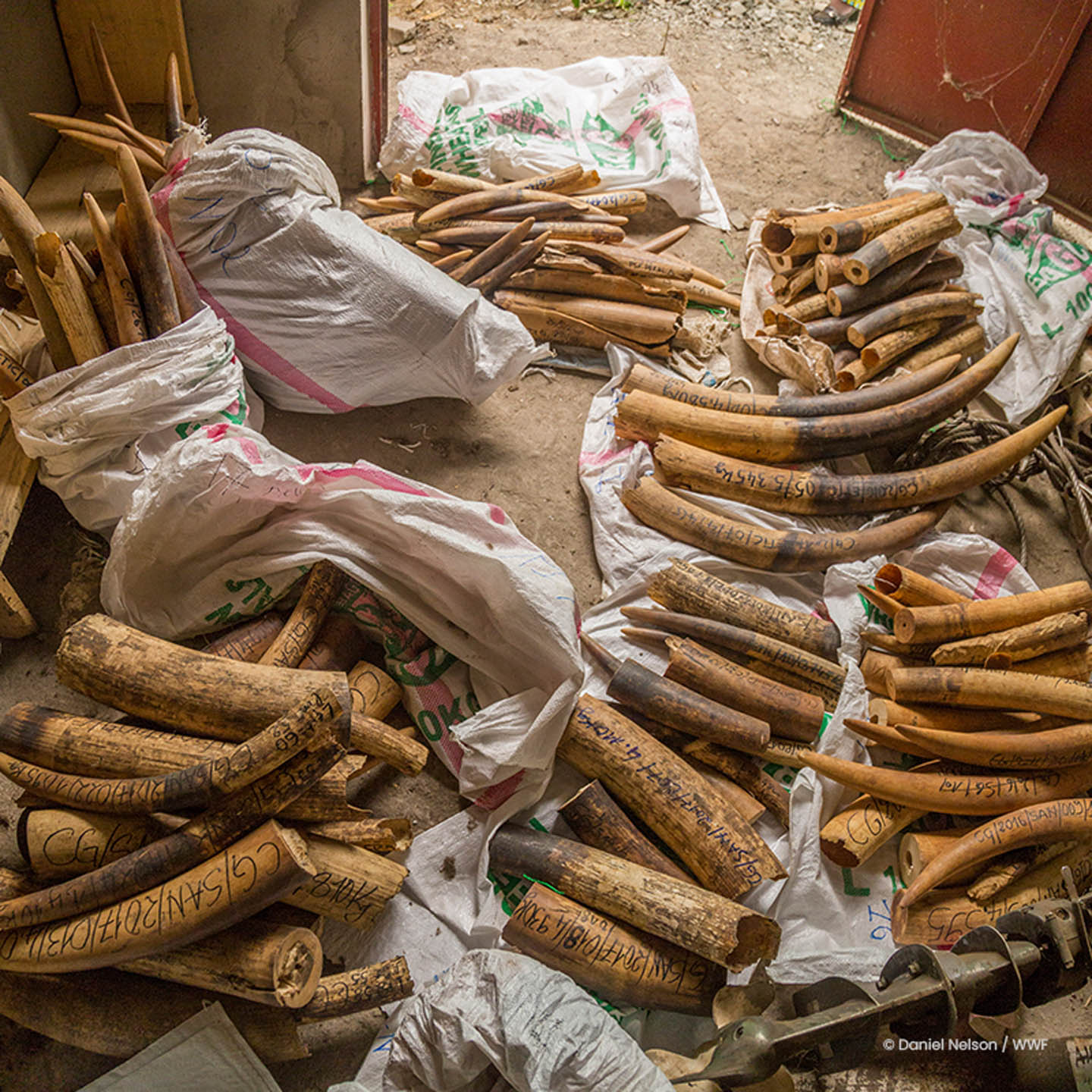
Why Do Elephants Need Tusks?
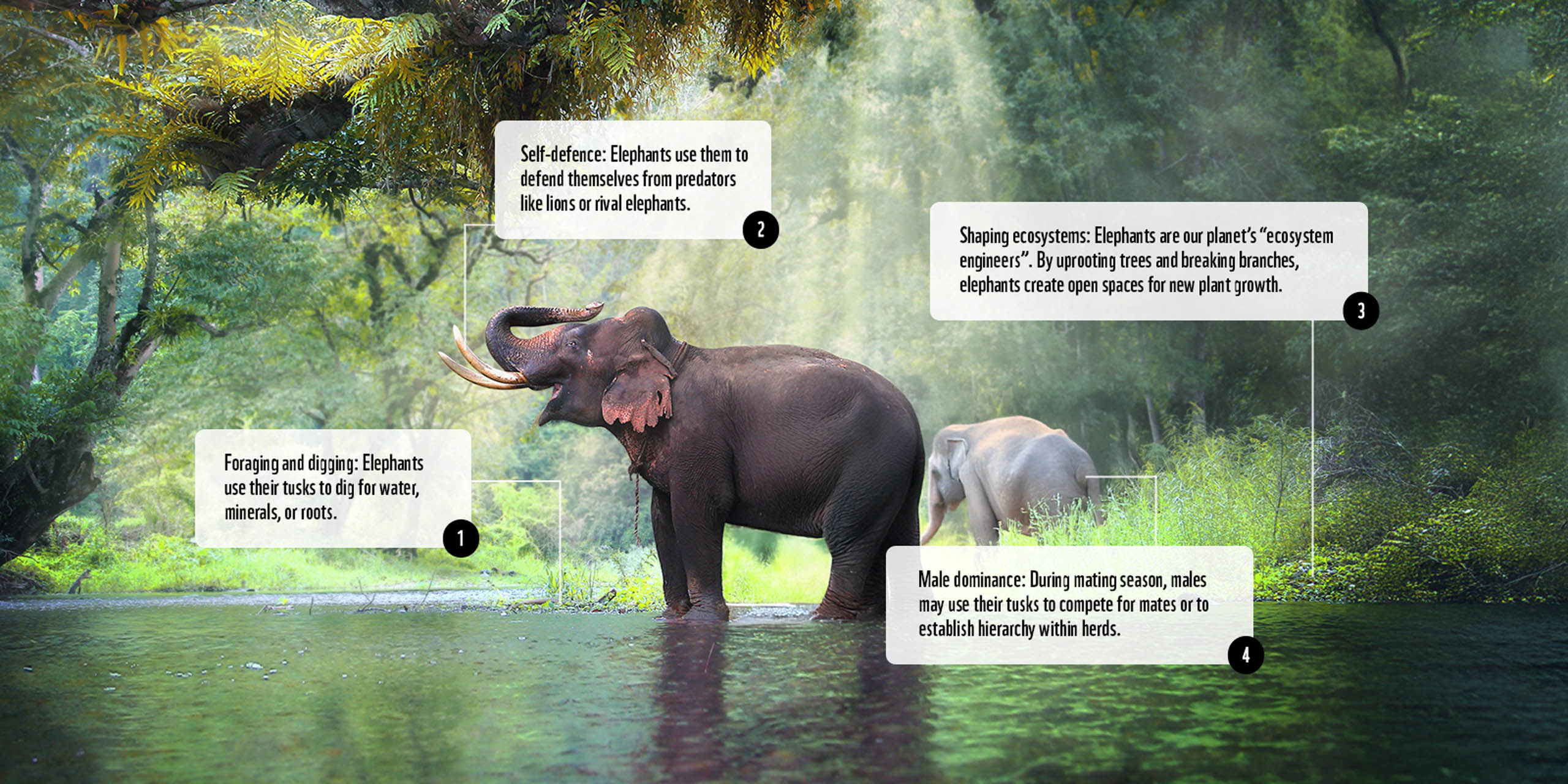
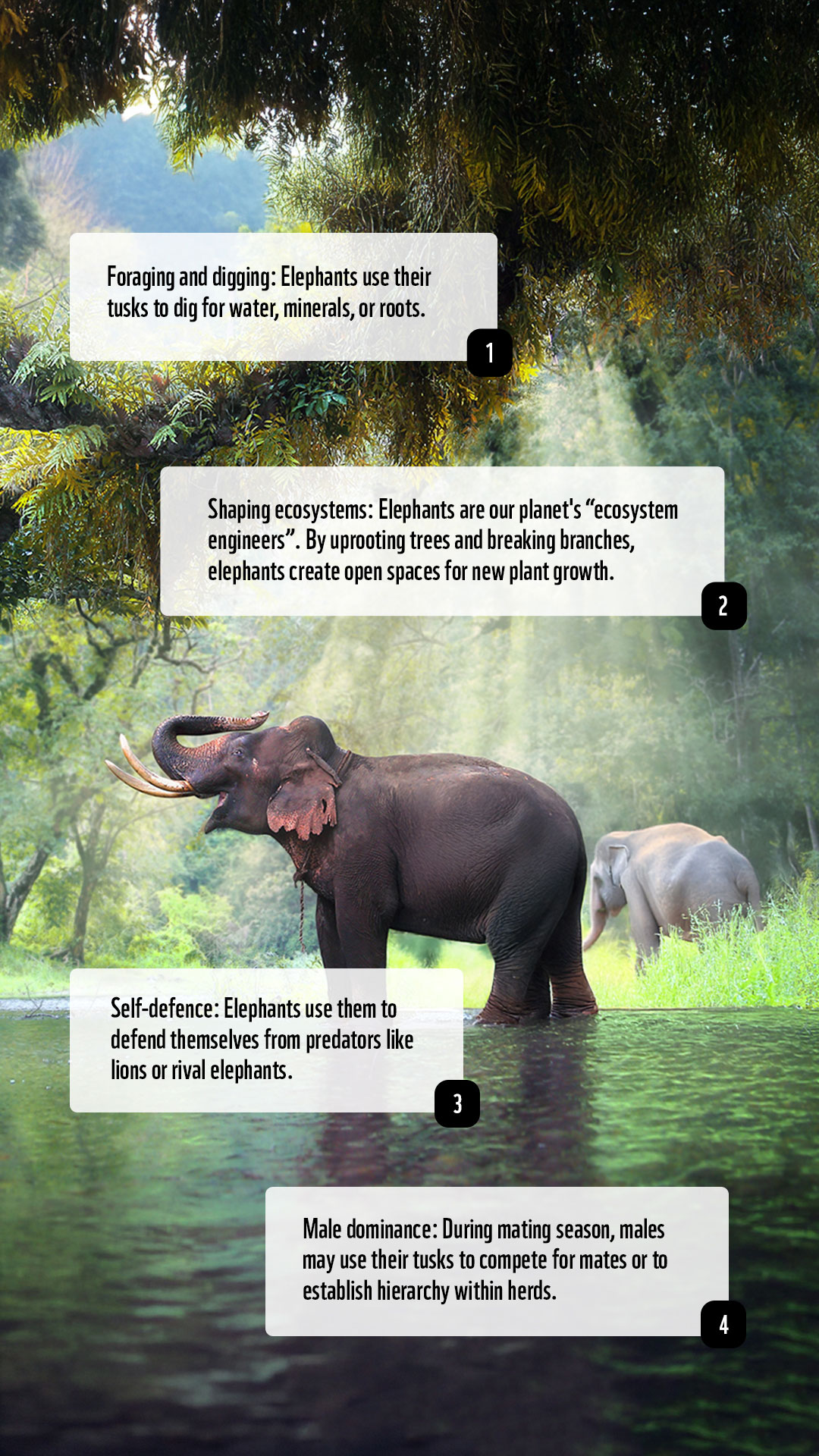
ILLEGAL WILDLIFE TRADE DOES NOT DISCRIMINATE.
Illegal wildlife trade is the second-largest threat to biodiversity globally, impacting countless species worldwide. While elephants are among the most well-known victims, many other animals are also targeted for their body parts, skin, or even captured alive, putting entire ecosystems at risk.
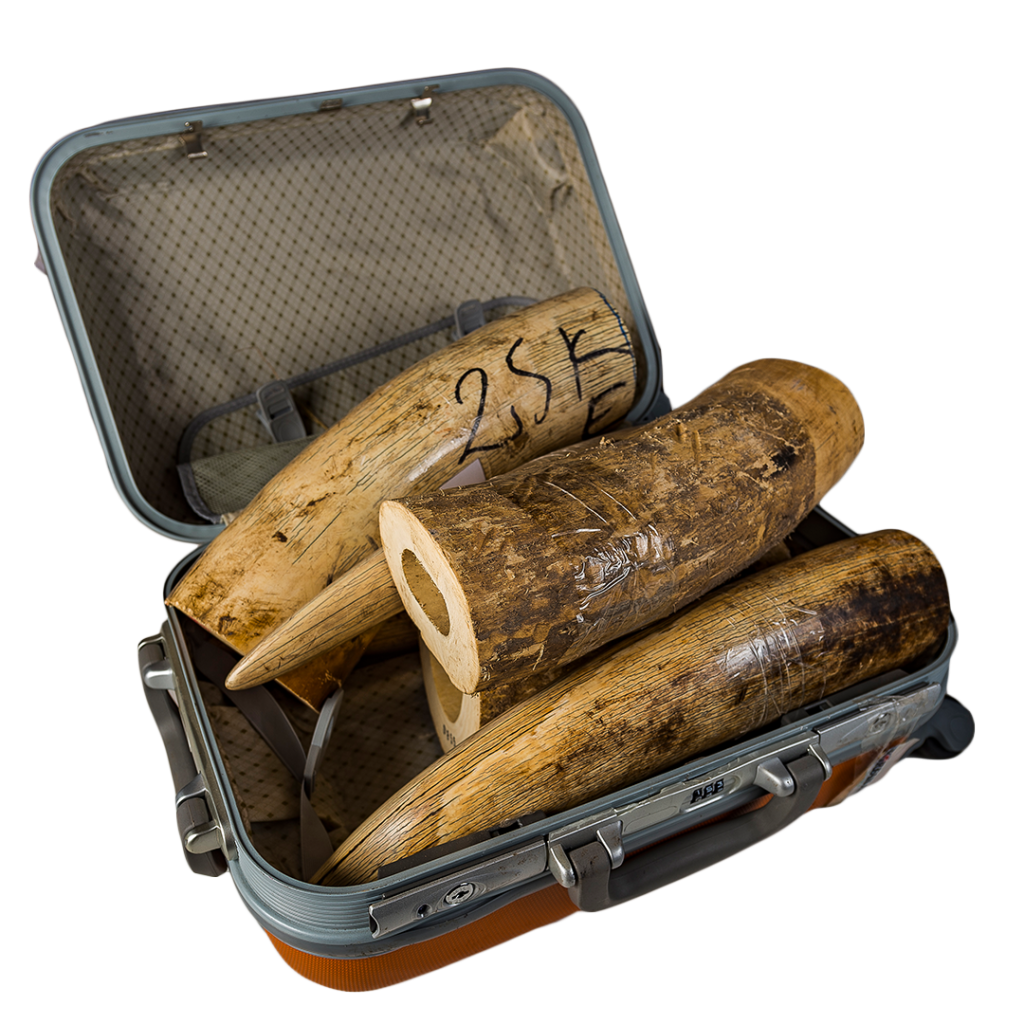
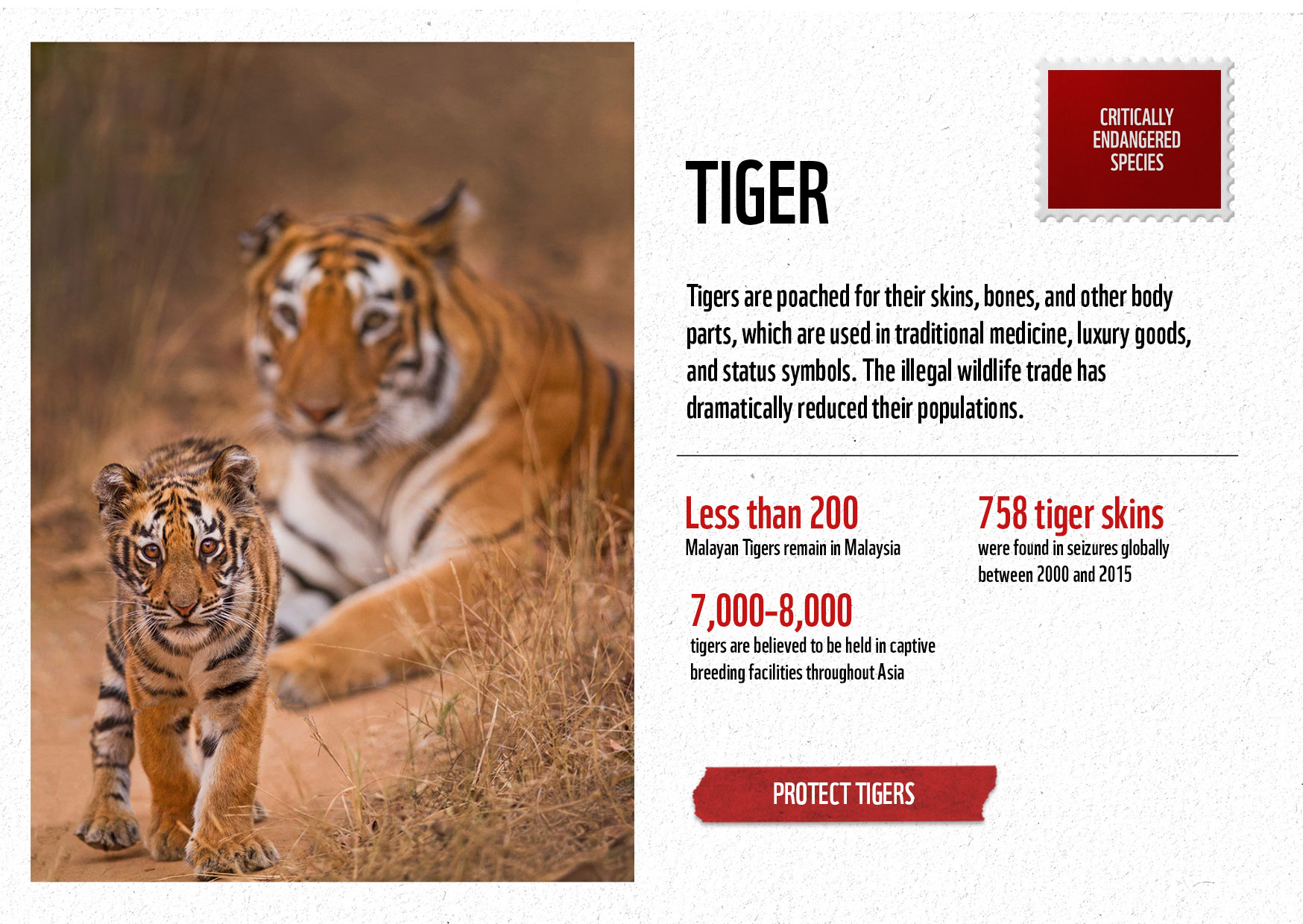
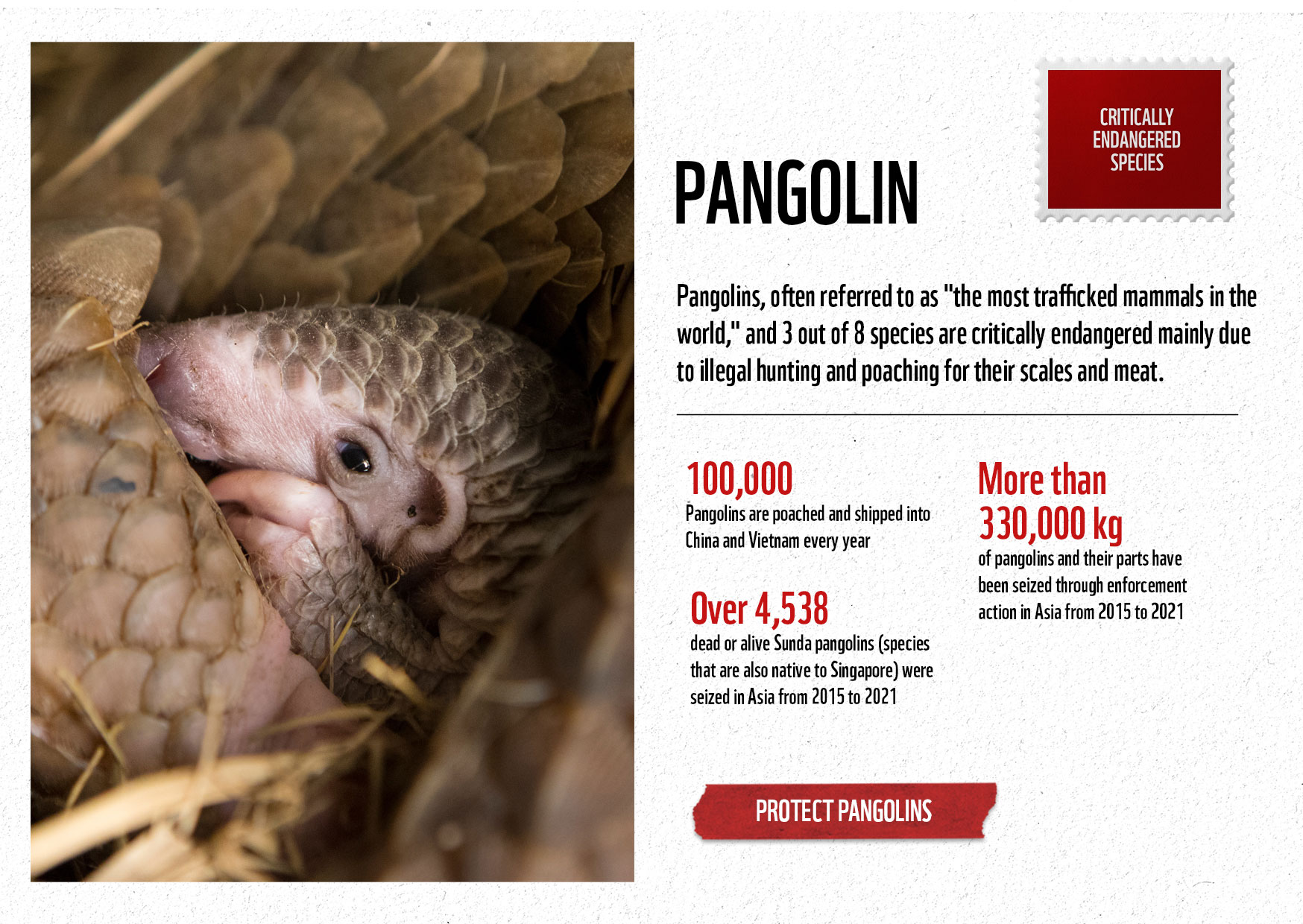
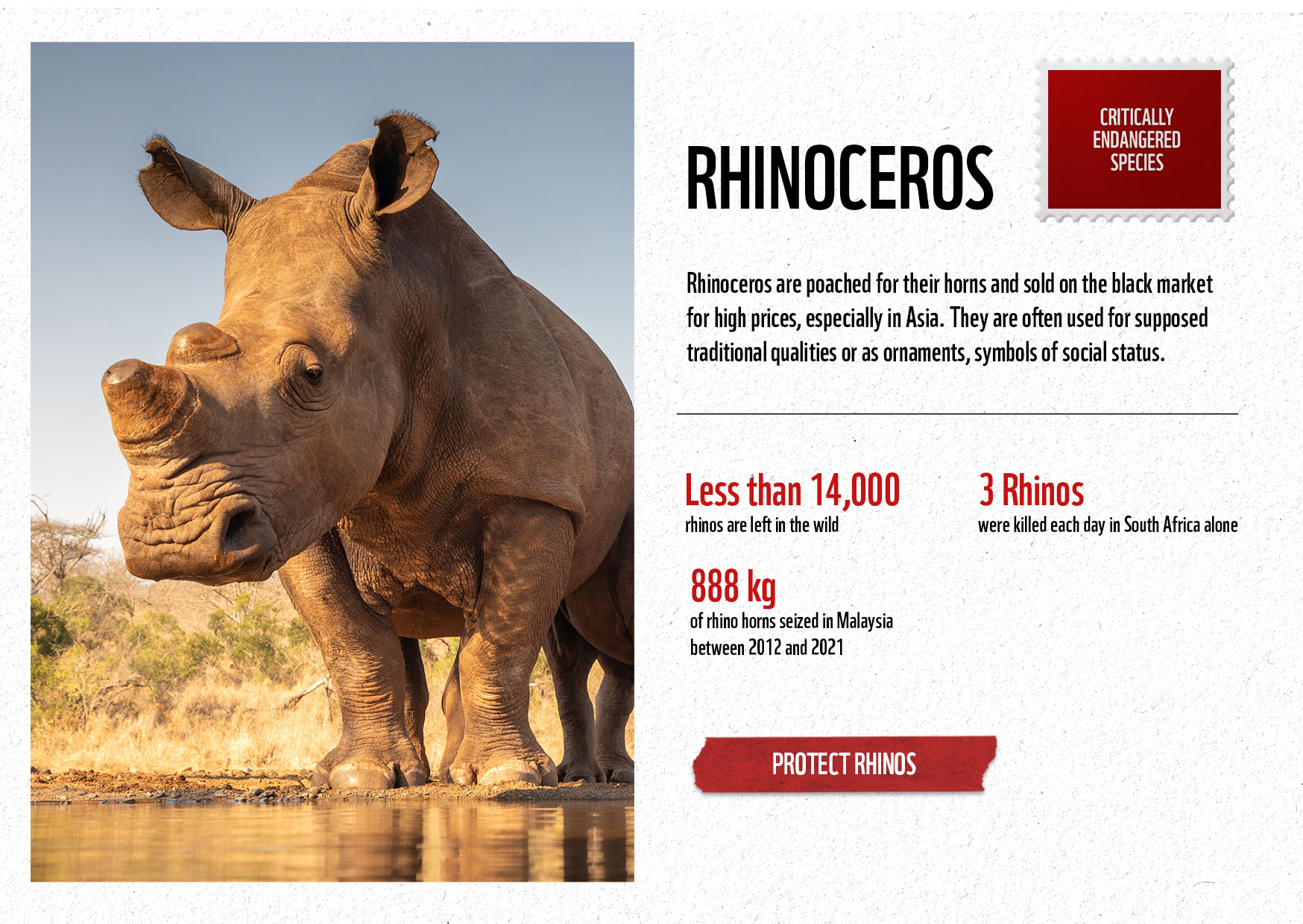
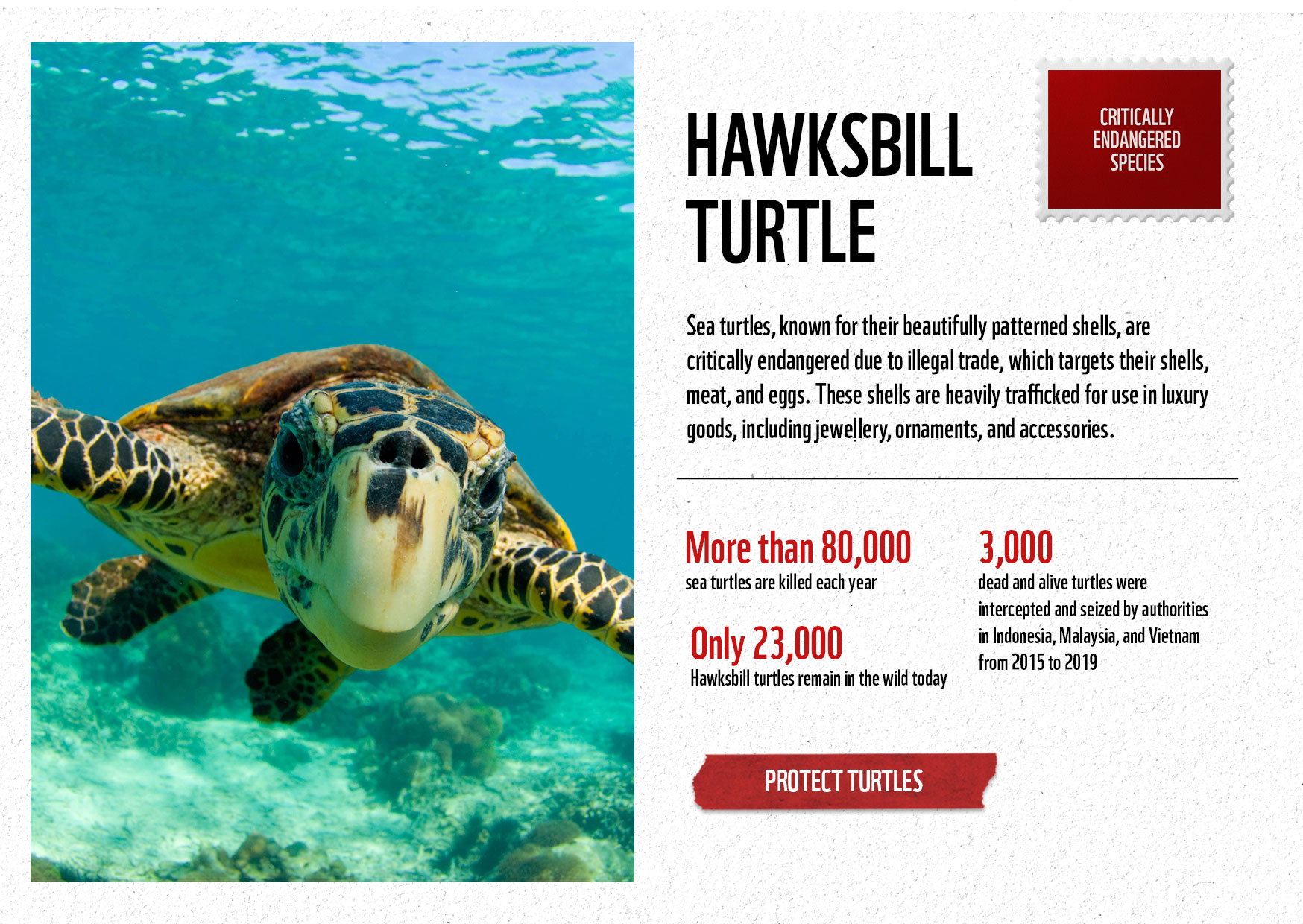
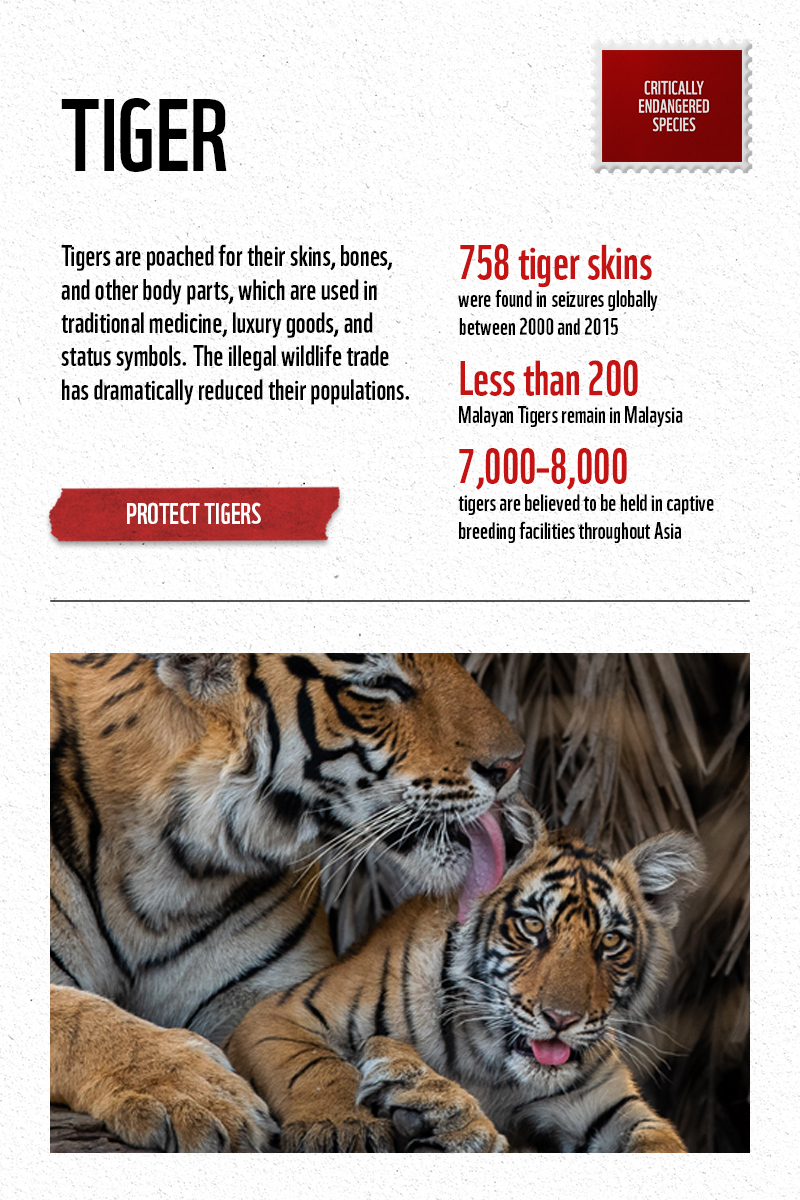
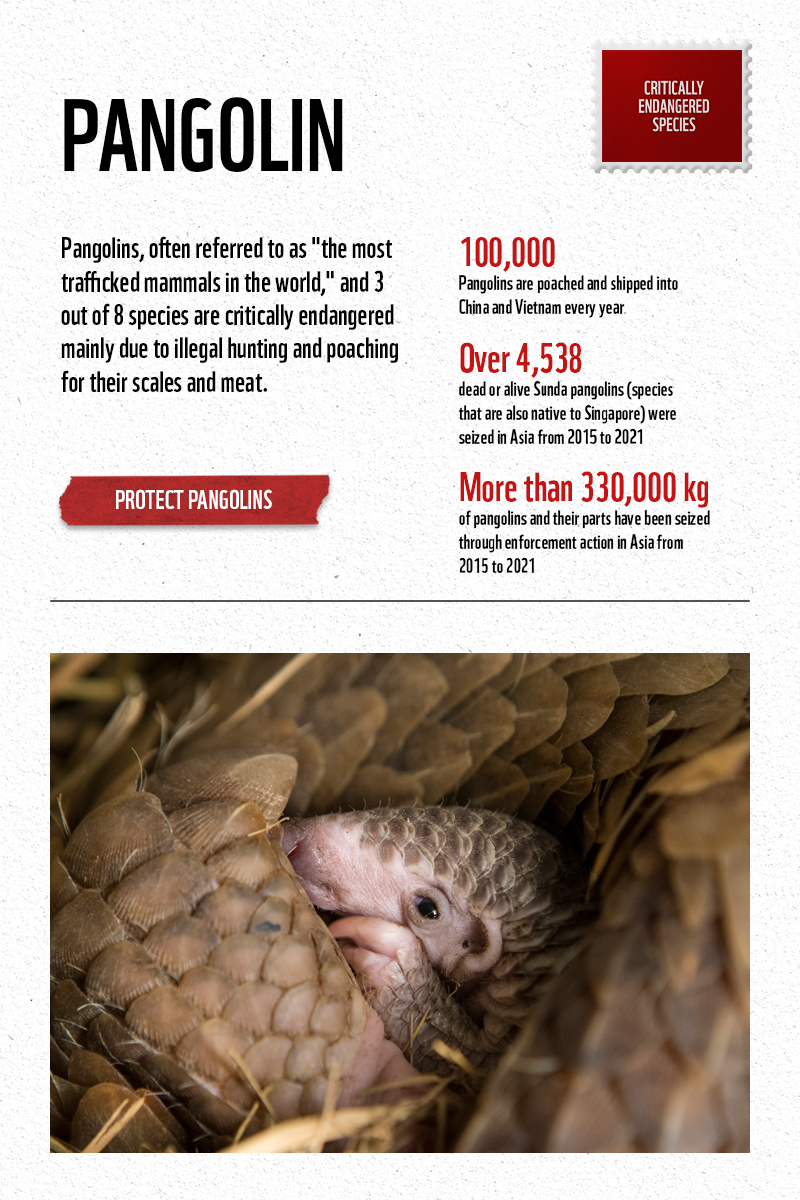
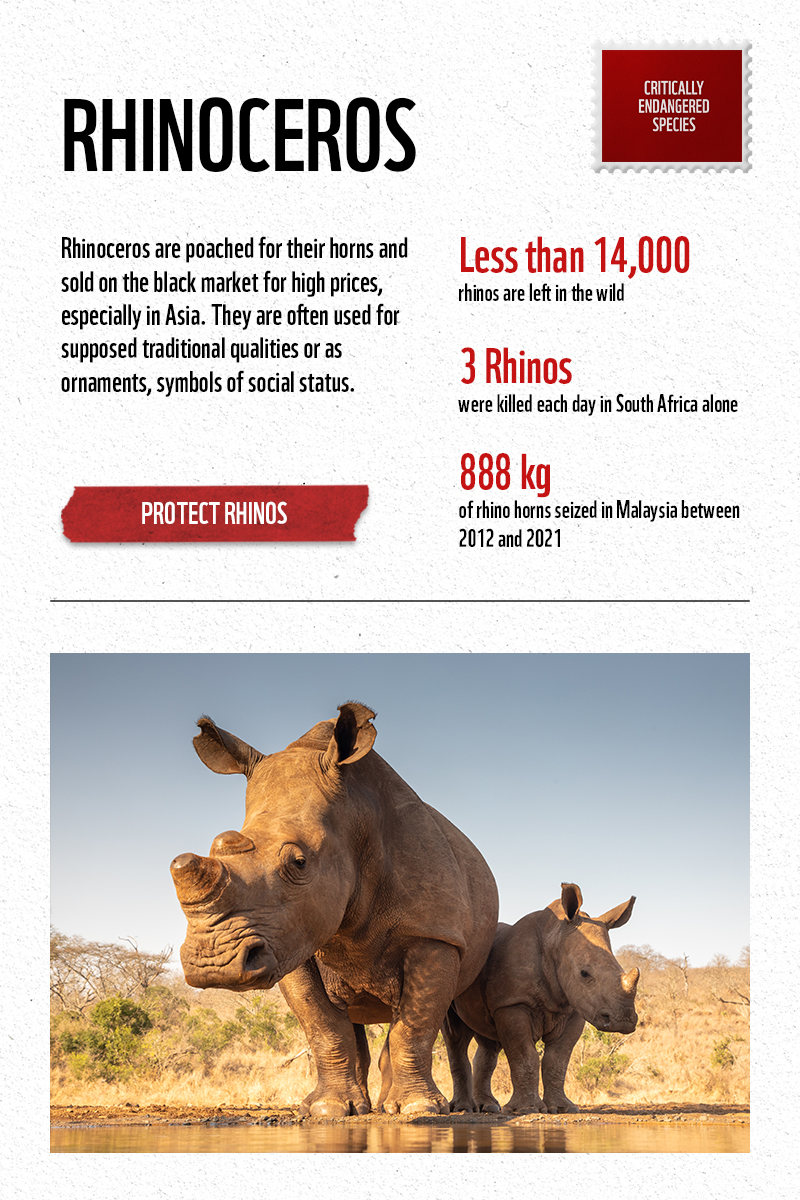
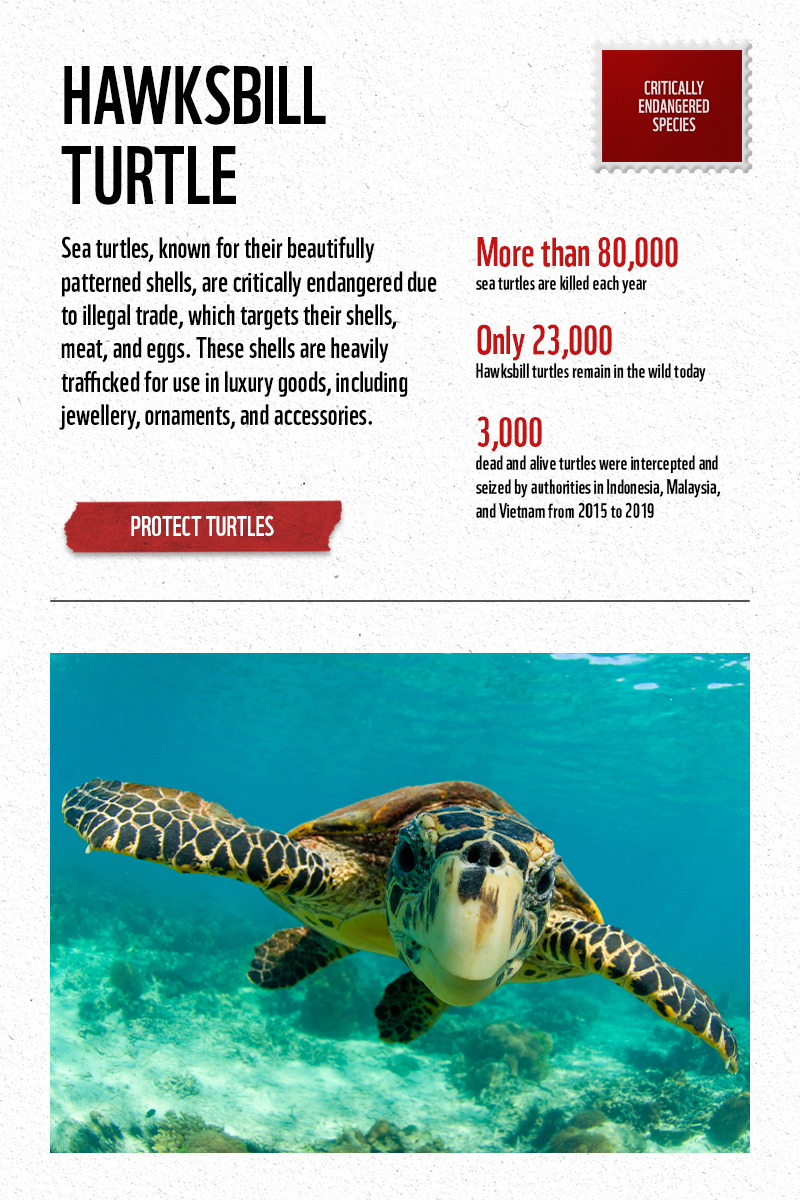
Commonly Traded Tiger Items:

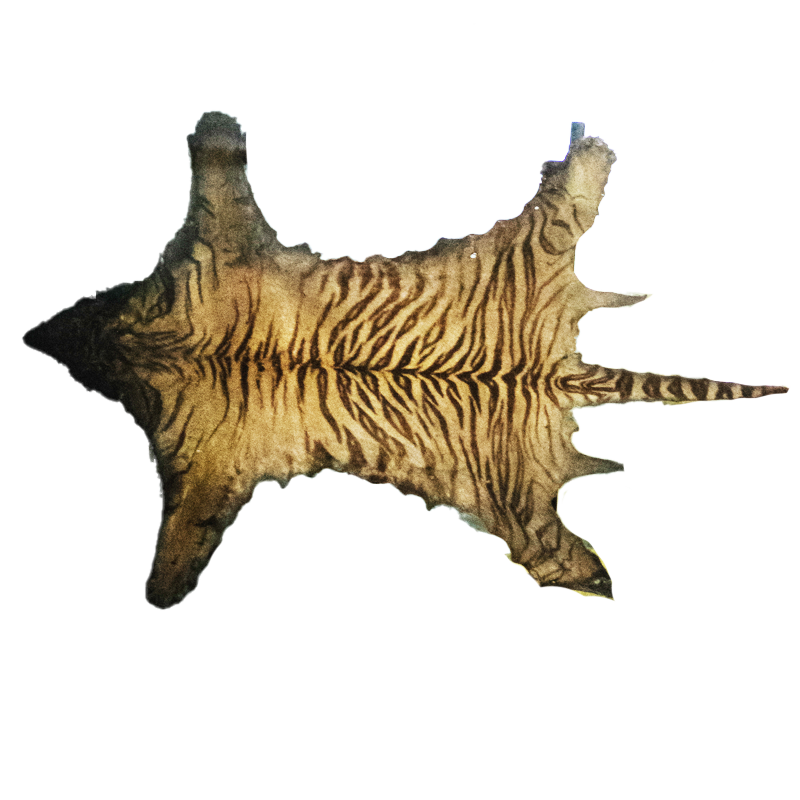
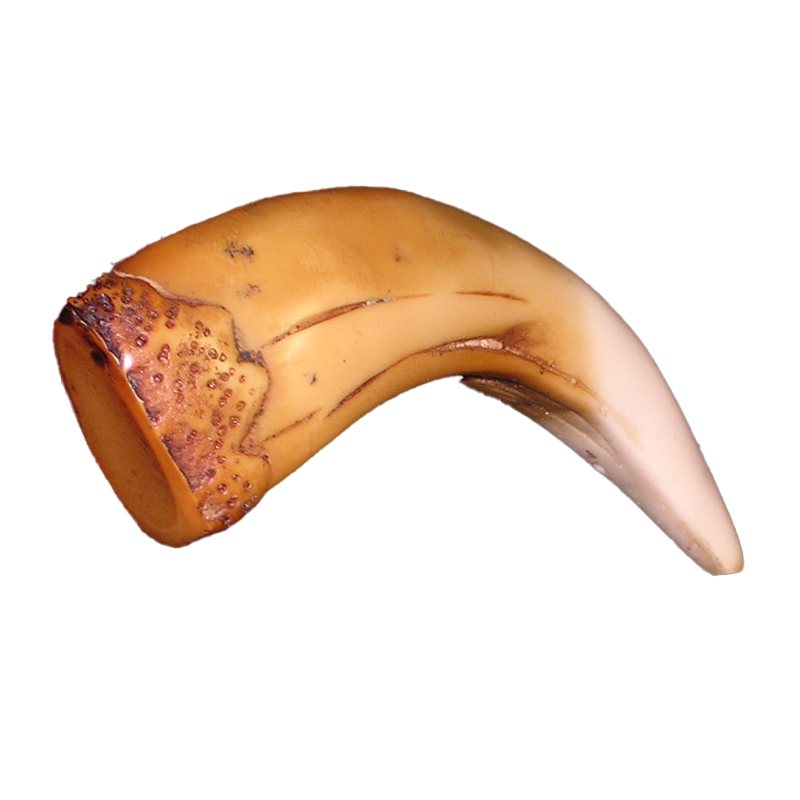
Commonly Traded Pangolin Items:



Commonly Traded Rhino Items:

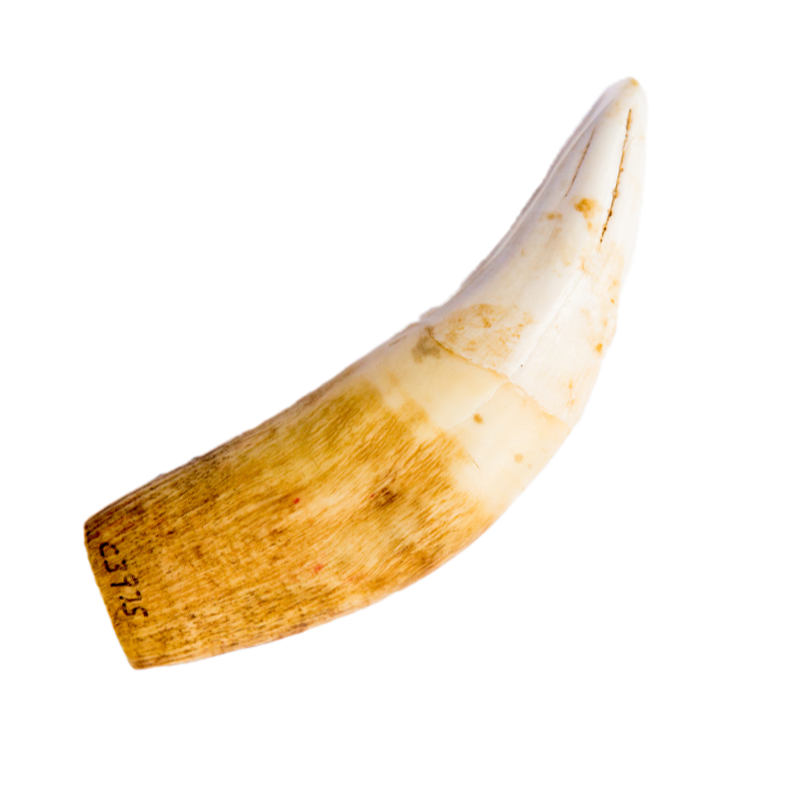

Commonly Traded Hawksbill Items:
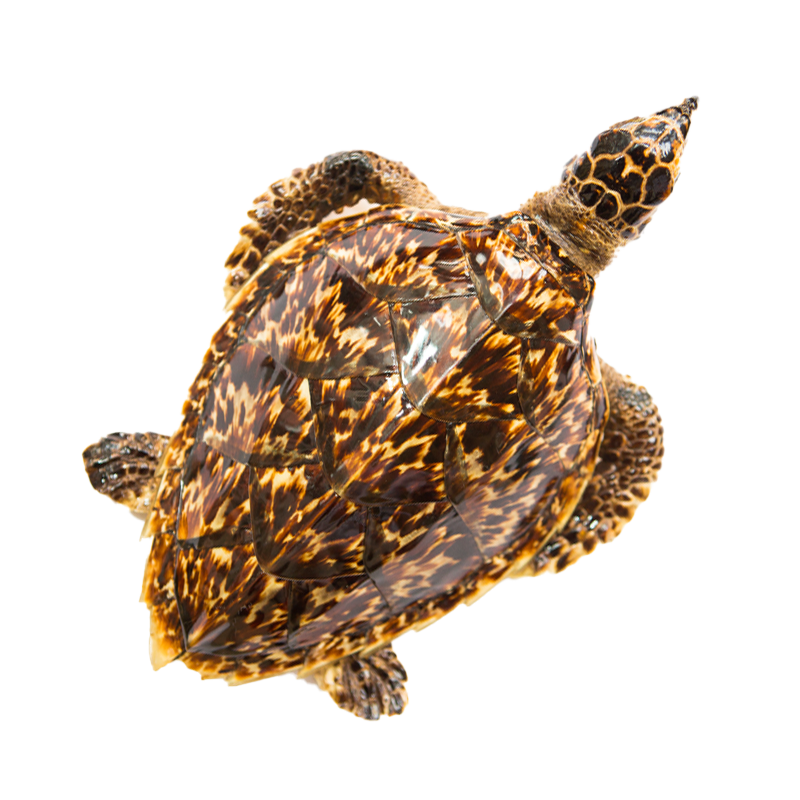


HOW WILL YOUR NEW YEAR GIFT HELP PROTECT ELEPHANTS?
#WORTHMOREALIVE
When the demand stops, the poaching can too! The illegal wildlife trade thrives on the demand for animal products. This New Year, you can make a meaningful impact by contributing to critical projects to stop this devastating trade.
Your gift will help support WWF Singapore’s key initiatives such as identifying illegal trade listings online, funding on-the-ground conservation work, and educating the next generation about the importance of biodiversity.
Every donation helps us create change.
CYBER SPOTTERS PROGRAMME
As part of its efforts to deter illegal wildlife trade in Singapore, WWF-Singapore launched its Cyber Spotters Programme in 2020. This initiative empowers the community to join the fight against illegal wildlife trade by training volunteers to identify and report suspicious listings in online marketplaces, disrupting illicit supply chains, and helping protect vulnerable wildlife.

Since 2020
28,000+
TOTAL NUMBER OF ILLEGAL WILDLIFE TRADE LISTINGS FLAGGED
1,154
TOTAL NUMBER OF IVORY AND OTHER ELEPHANT PRODUCTS FOUND
540+
TOTAL NUMBER OF VOLUNTEERS TRAINED
WWF Schools Programme
WWF-Singapore’s School Programme equips students with essential knowledge and skills to understand the importance of biodiversity and the threats it faces, including illegal wildlife trade.
WWF Singapore conducts school talks on key conservation issues, offers immersive outdoor learning experiences through WWF Explores, facilitates student-led Eco-Schools projects and hosts career talks to inspire the next generation of environmental leaders to take action against biodiversity loss, illegal wildlife trade, and other environmental issues.
